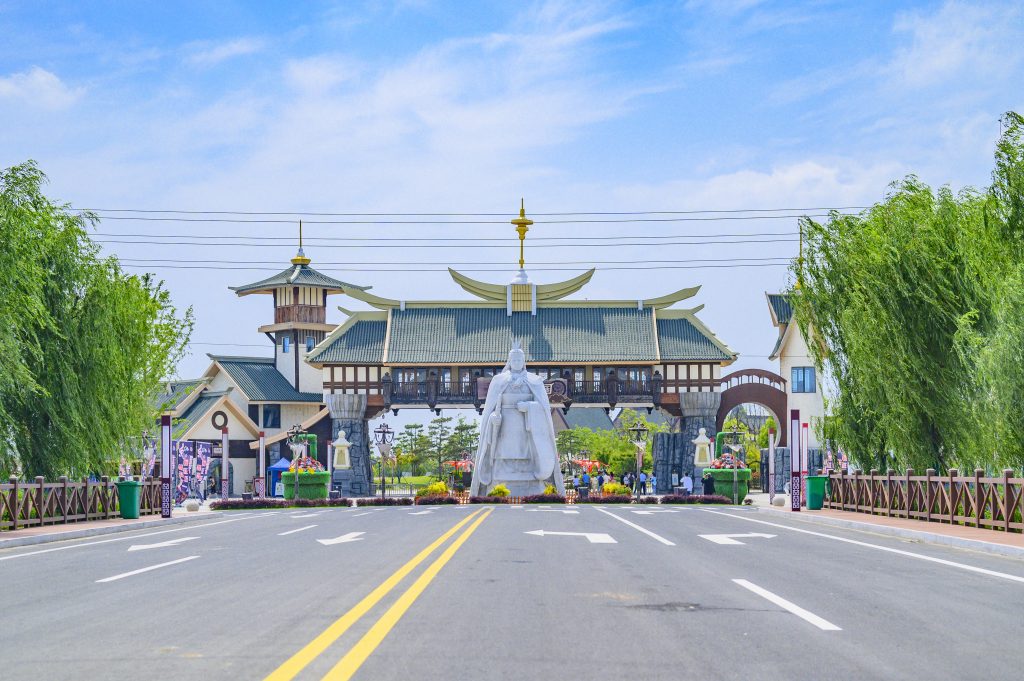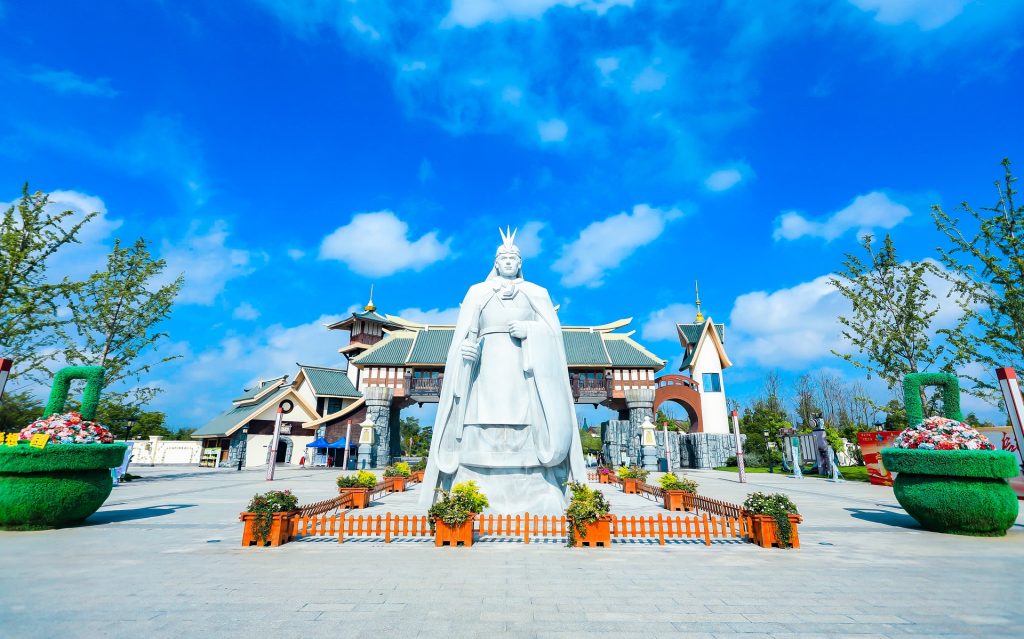Emperor Yao (about 2377-2259 BC), whose surname is Yiqi, was named Fangxun.
The leader of the ancient Chinese tribal alliance, one of the "Three Sovereigns and Five Emperors" in ancient China, is the ancestor of the Chinese nation. Yao is the son of Emperor Ku. His mother is Qingdu. Yao was conferred titles of nobility in Tao (Taoshi Village, Xiangfen County, Shanxi Province) at the age of 13, assisted his brother Zhi at the age of 15, and was re-conferred in Tang (now Yicheng County, Shanxi Province) at the age of 20. Yao took Zhi as the emperor and set the capital in Pingyang.
According to Sima Qian's Historical Records, "He is as benevolent as heaven and as wise as God. Close to him, will warm the heart as close to the sun; Look upon him like a cloud over the earth. He is rich but not proud, noble but not indulgent." Yao formulated the calendar, passed his throne to Sage Shun, and for the first time implemented the famous "abdication system" in history. He has made outstanding contributions to the formation and development of the Chinese nation and is a great figure in the history of the Chinese nation.
The statue of Emperor Yao is 8.8 meters high, which is one of the landmark buildings in the scenic spot and is a magnificent image of Emperor Yao in his youth.
Recommended tour duration: 15 minutes



